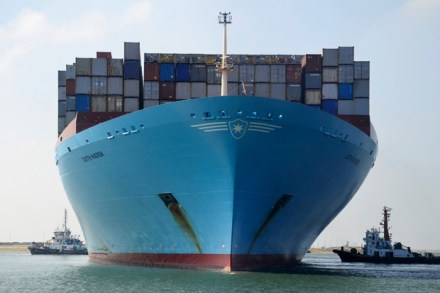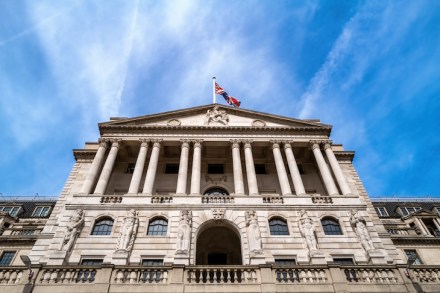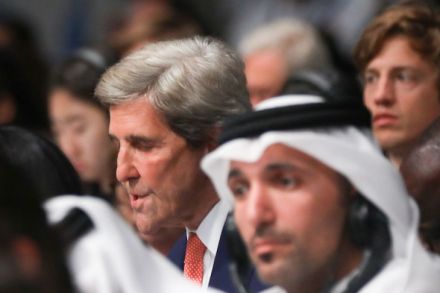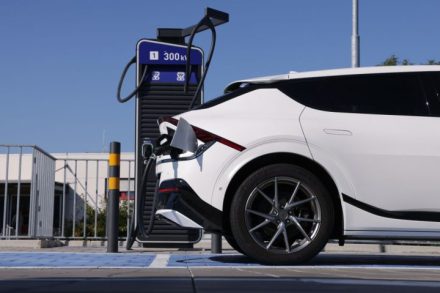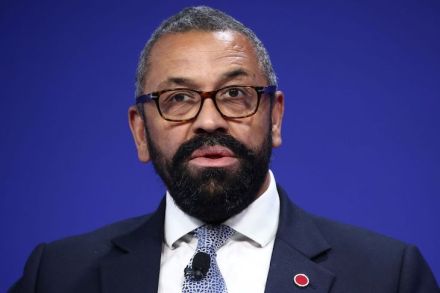Don’t surrender to soulless self-checkouts
A friend runs a small factory employing 60 skilled workers. He exports industrial components worldwide, competing with Europe for quality and China for price: a model enterprise for the productive economy we wish we had more of. Earlier this year, his top concerns were the hike in employers’ national insurance (costing the equivalent of several new apprentices) and the advent of Donald Trump’s tariffs. Since then, he’s been hit by a cyber-attack – and his story, a miniature of Jaguar Land Rover’s, is a parable for business everywhere. Like most companies today, this one is paperless: IT-dependent in everything from product design to accounting and HR. It also happens to










